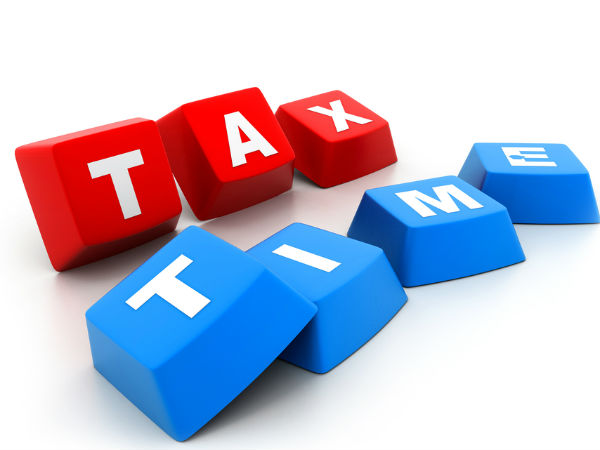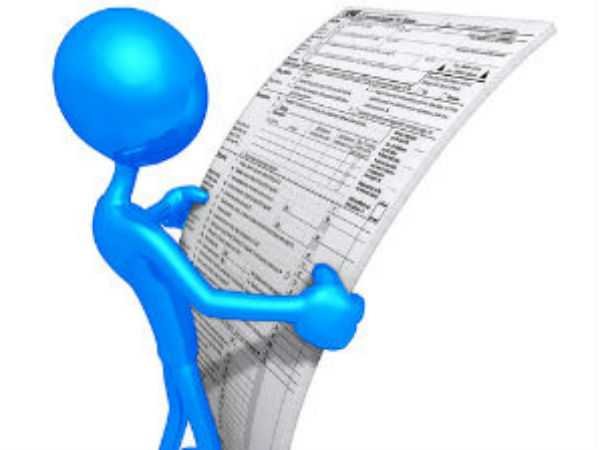All You Need To Know About Tax Applicable On EPF Withdrawal
The Employee Provident Fund (EPF) is a retirement-oriented scheme backed by the government for salaried individuals. Income tax has effects on making contributions, interest, and withdrawing the balance. Contributions to an employee's provident fund are tax-deductible under Section 80C. The tax on EPF withdrawal, on the other hand, is the top consideration of employees who quit their jobs early, even before they are eligible to retire. Your employer's contribution to your EPF account is tax-free. This deduction is capped at 12% of the basic salary including DA. As long as one is employed, the interest earned from PF is exempted from tax. Whenever an employee retires, that being said, the amount of interest added to his or her EPF account becomes taxable and must be declared under the category "Income from other sources." Let us now discuss the taxability on EPF withdrawal:

Taxation on EPF contribution
When your salary is paid, your employer deducts your EPF contribution of 12% of your basic salary. The Employee Pension Scheme Account retains 8.33 percent of the 12 percent contribution, while the employee EPF account retains the remaining 3.67 percent. EPF membership is mandatory for all employees earning less than Rs 15,000 a month on a monthly basis. When you become a part of the EPF scheme, you are unable to step out. An employee can contribute up to 100% of his or her basic salary to the voluntary provident fund as an additional contribution. You are allowed to claim the amount of PF deduction under Section 80C for the EPF contribution deducted by your employer, up to Rs 1.50 lakh per year, along with other eligible products such as home loan repayment, tuition fees for children, and so on. An employee can contribute more than the basic minimum, but under Section 80C, the deduction is limited to a maximum of Rs 1.50 lakh. The employee has no tax liability in relation to the employer's contribution up to 12% of the basic salary, after which it remains subject to taxation in the employee's hands.

Taxation on EPF withdrawal
If you have withdrawn the balance of your EPF account where no contributions have been made for a minimum duration of 5 years, the entire balance of your EPF account is completely exempt from tax. Keep in mind that the number of months during which EPF deposits have been made, not the period of time the account has been open, determines your eligibility for the exemption on EPF withdrawal. TDS will be withheld if you withdraw from EPF before completing 5 years of continuous employment. Your former employer's tenure is therefore taken into account while calculating 5 years of employment. No TDS is withheld if you transfer the EPF balance from an old employer to a new employer and have worked with the new employer for at least 5 years. When the EPF balance becomes taxable in your hands as a result of an early withdrawal, tax will be withheld at a rate of 10% on the entire balance if the accrued balance payable to the employee is Rs 50,000 or more. If you do not have a Permanent Account Number (PAN), tax will be deducted at a rate of 30%. When the accumulated balance is withdrawn within five years, the portion covering the employer's contribution, as well as any additional interest, will be taxed under the heading "Salaries." Your contribution, as well as any interest earned on it, will be taxed as "Income from other Sources." If your total income, including EPF withdrawals, is tax-free, you can file Form 15G/Form 15H. If Form 15G/Form 15H is submitted, no TDS is deducted.

Note
From April 1, 2021, the start of the current fiscal year, new tax and financial rules and laws are in effect. According to Budget 2021, if an employee's contributions towards the Employees' Provident Fund (EPF) and Voluntary Provident Fund (VPF) surpass Rs 2.5 lakh in a fiscal year, the interest received on such contributions will be taxable in the employee's hands. Furthermore, if the employer does not contribute to the EPF account, interest earned on contributions up to Rs 5 lakh in a fiscal year is tax-free.































